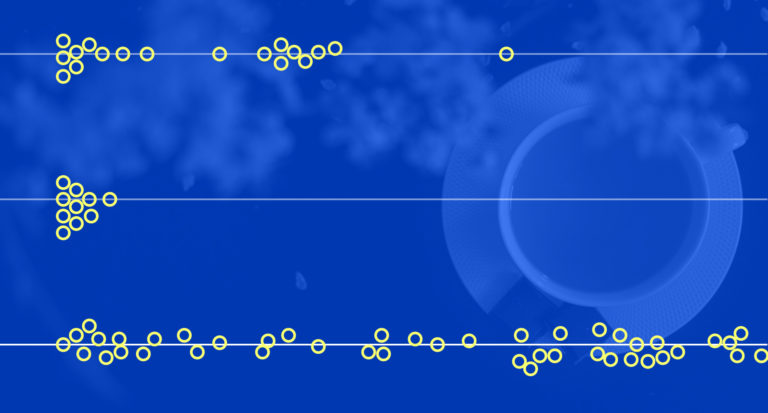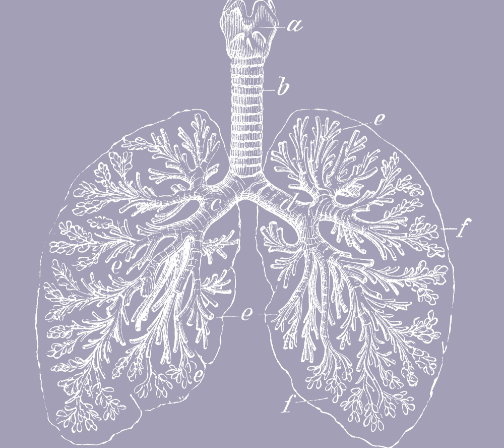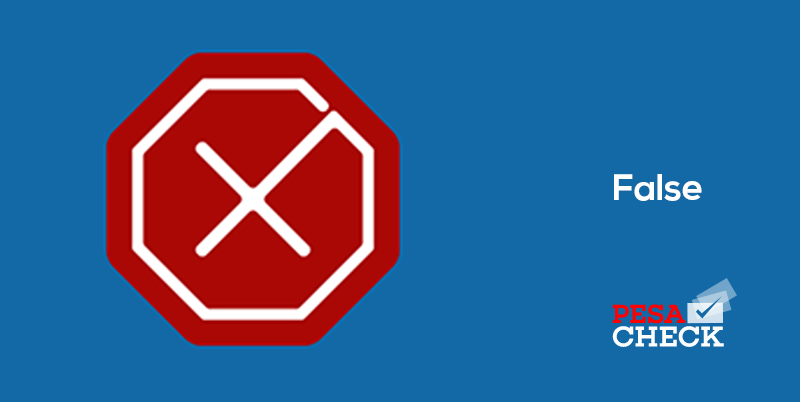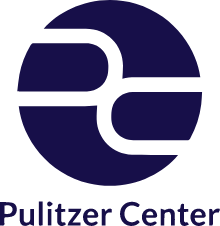


Subscribe
Data delivered to your inbox. Keep up with the latest developments.While they may be good for one’s health, tea compounds cannot cure coronavirus.

A Facebook post claiming that chemical compounds found in tea can cure COVID-19 is FALSE.
The chemical compounds mentioned in the post include methylxanthine, theobromine and theophylline.
Methylxanthines are drugs that are derived from xanthine, and are produced naturally by both plants and animals. Caffeine (found in coffee and tea) and theobromine (found in chocolate) are also methylxanthines.
While methylxanthines are used in the treatment of airways obstruction caused by conditions such as asthma, bronchitis, or emphysema, they are not effective against viral infections, as they only help maintain good airway control. COVID-19 is caused by a viral infection, and so its treatment would require antiviral medication
The post making the claim that tea can cure COVID-19 cites a report by CNN, which claims that Chinese doctor Li Wenliang, who blew the whistle about the coronavirus before later dying of COVID-19, had documented case files and proposed a cure for the disease.
There is no report about Dr Li finding a cure for the disease, but his death in February was reported on by CNN, as well as the fact that he was the first medical professional to sound the alarm on COVID-19 weeks before he contracted the illness himself and died.
On December 30, 2019, CNN International reported that Li Wenliang had been summoned by the police over accusations of spreading rumors online about the disease, but his findings were later found to be accurate.
Dr Li had raised the alarm after patients from a seafood market in Wuhan had been diagnosed with a severe respiratory illness and quarantined in his hospital.
According to the World Health Organization, there is currently no treatment specifically approved to prevent or treat COVID-19.
It is not the first time that clams about foods and drinks that can cure COVID-19 have surfaced, with some stating that garlic and regular drinking water can help fight the disease. However, these claims are false.
PesaCheck has looked into the claim that chemical compounds found in tea can cure COVID-19 and finds it to be FALSE.
This post is part of an ongoing series of PesaCheck fact-checks examining content marked as potential misinformation on Facebook and other social media platforms.
By partnering with Facebook and similar social media platforms, third-party fact-checking organizations like PesaCheck are helping to sort fact from fiction. We do this by giving the public deeper insight and context to posts they see in their social media feeds.
Have you spotted what you think is fake news or false information on Facebook? Here’s how you can report. And, here’s more information on PesaCheck’s methodology for fact-checking questionable content.
This fact-check was written by PesaCheck Fact-Checker Najma Juma, and edited by PesaCheck Deputy Editor Ann Ngengere.
The article was approved for publication by PesaCheck Managing Editor Eric Mugendi.
PesaCheck is East Africa’s first public finance fact-checking initiative. It was co-founded by Catherine Gicheru and Justin Arenstein and is being incubated by the continent’s largest civic technology and data journalism accelerator: Code for Africa. It seeks to help the public separate fact from fiction in public pronouncements about the numbers that shape our world, with a special emphasis on pronouncements about public finances that shape government’s delivery of Sustainable Development Goals (SDG) public services, such as healthcare, rural development and access to water/sanitation. PesaCheck also tests the accuracy of media reportage. To find out more about the project, visit pesacheck.org.
PesaCheck is an initiative of Code for Africa, through its innovateAFRICA fund, with support from Deutsche Welle Akademie, in partnership with a coalition of local media and other civic watchdog organisations in 14 African countries.








